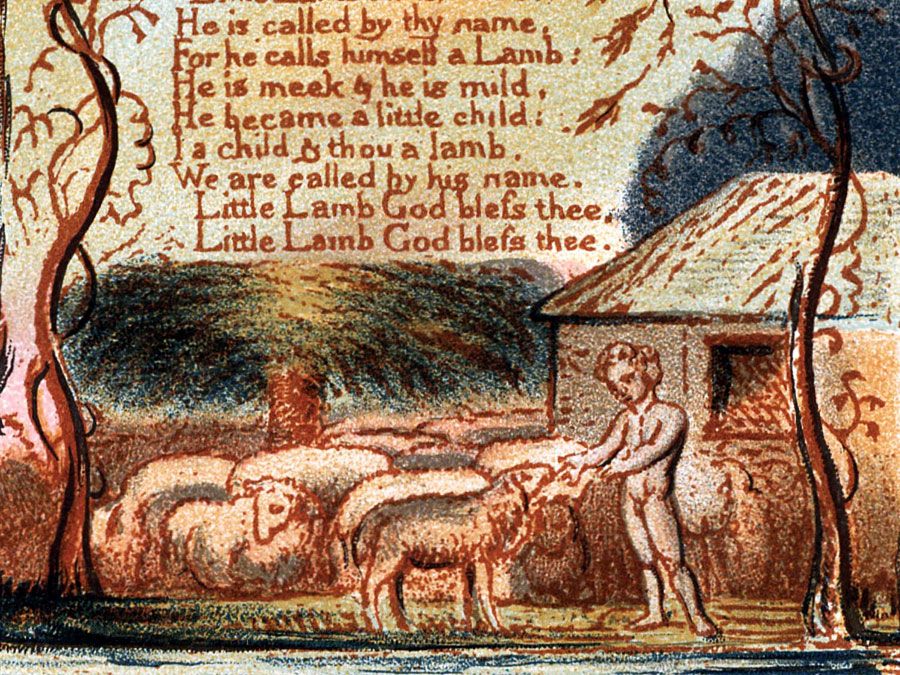Teófilo Braga
- Born:
- February 24, 1843, Ponta Delgada, Azores
- Died:
- January 28, 1924, Lisbon (aged 80)
- Subjects Of Study:
- Portuguese literature
Teófilo Braga (born February 24, 1843, Ponta Delgada, Azores—died January 28, 1924, Lisbon) was a poet, critic, and statesman who was the first to attempt a complete history of Portuguese literature.
Braga’s family was Roman Catholic and monarchist by tradition, but he himself soon became noted for his intransigent republicanism and anticlericalism at Coimbra University, from which he graduated in 1868. He became a professor of modern literature at Lisbon in 1872. Of a buoyant, pugnacious temperament, he wrote profusely on literary, social, historical, and political subjects and produced some verse. His long poem Visão dos Tempos (1864; “Vision of the Ages”) was inspired by Victor Hugo’s Légende des siècles (“Tale of the Centuries”). He published several books on Portuguese folklore and collections of early songs and ballads. Braga was the leading follower of Auguste Comte’s Positivism in Portugal.
Braga’s investigations ranged widely over the whole history of Portuguese literature, but, owing to his lack of a sense of proportion and his determination to fit the facts to his own sociological and philosophical theories, the valuable material he accumulated is often swamped by digressions and theorizings that have lost much of their validity. Among his historical works are História do Romantismo em Portugal (1880; “History of Romanticism in Portugal”), História da Literatura Portuguesa, 14 vol. (1869–72; “History of Portuguese Literature”), and studies of the Romantic poet Almeida Garrett and of the 18th-century Portuguese poets.

An unswerving republican, Braga became president of the provisional government that set up the Portuguese republic in 1910, and he held the presidential office again in 1915.















